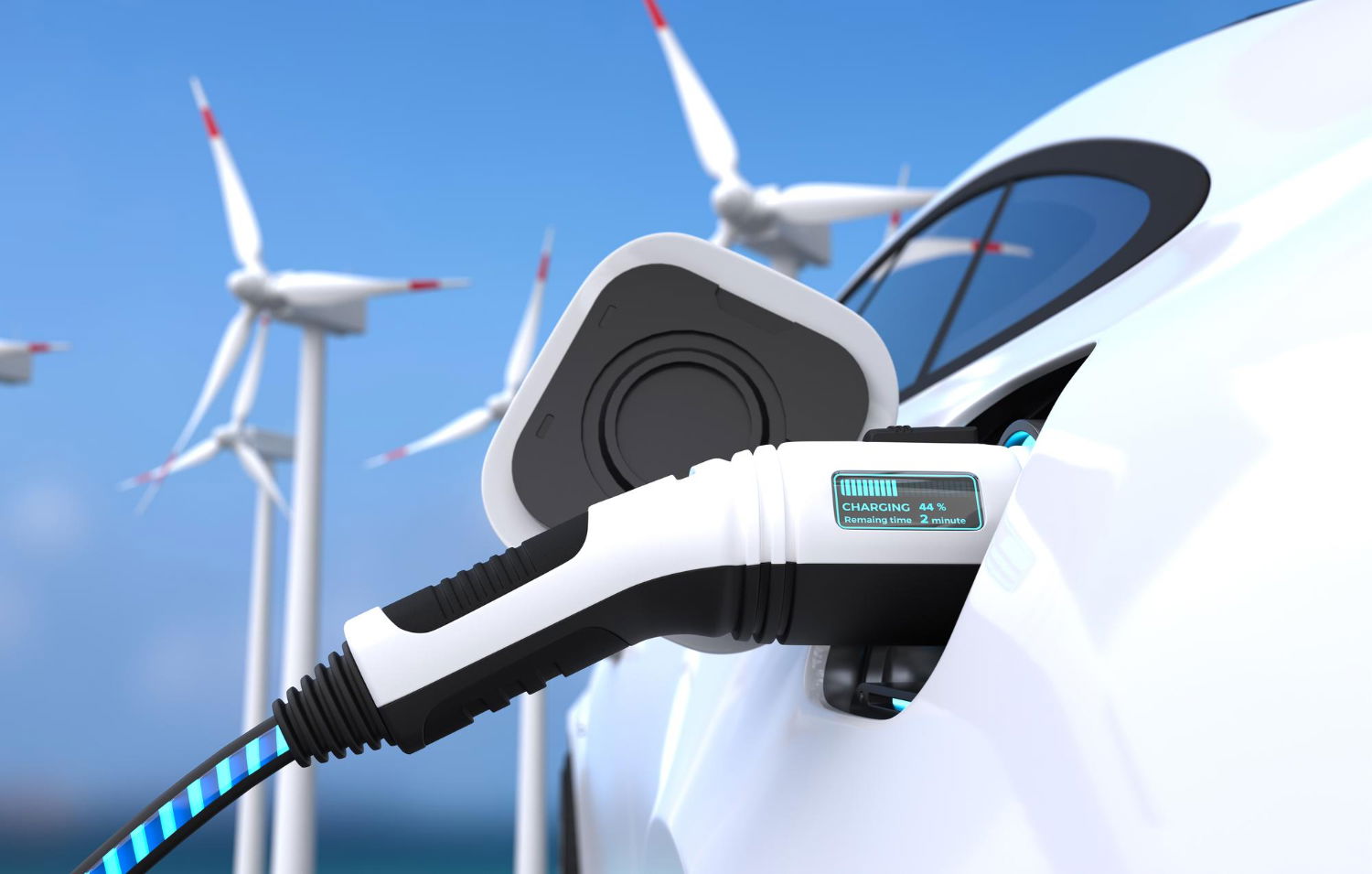As the world transitions towards sustainable energy solutions, electric vehicle (EV) charging infrastructure plays a pivotal role in reducing our carbon footprint. In this blog, let's delve into the environmental impact of EV charging and how it contributes to a greener future.
1. Reduced Greenhouse Gas Emissions: One of the most significant benefits of EV charging is the reduction in greenhouse gas emissions. Unlike traditional internal combustion engine vehicles that rely on fossil fuels, electric vehicles produce zero tailpipe emissions. By promoting the adoption of EVs and expanding charging infrastructure, we contribute to cleaner air and a reduction in overall carbon emissions.
2. Integration of Renewable Energy Sources: Many EV charging stations are integrating renewable energy sources into their operations. Solar panels, wind turbines, and other sustainable energy solutions are being used to power charging stations, further reducing their environmental impact. This shift towards renewables aligns with the goal of creating a more sustainable and eco-friendly charging network.
3. Energy Efficiency and Grid Optimization: EV charging infrastructure is evolving to become more energy-efficient and grid-optimized. Smart charging solutions can manage the load on the electrical grid by optimizing charging times and leveraging periods of low demand. This not only enhances the stability of the grid but also ensures that energy is used more efficiently, reducing overall environmental impact.
4. Sustainable Materials and Practices: The construction and maintenance of charging infrastructure are also adopting sustainable practices. Using eco-friendly materials and incorporating energy-efficient technologies in the design and operation of charging stations further minimizes the environmental footprint of the entire EV charging ecosystem.
5. Circular Economy Approach: The EV industry is increasingly adopting a circular economy approach. This involves recycling and repurposing materials from retired EV batteries, ensuring that valuable resources are reused and reducing the environmental impact of battery disposal. As battery technology continues to advance, recycling efforts will play a crucial role in creating a sustainable and closed-loop system.
From renewable energy integration to sustainable construction practices and a circular economy approach, the evolution of EV charging infrastructure is contributing significantly to a cleaner and greener future.
- Environment(4)
- Ecofriendly(3)
- Sustainability(4)

